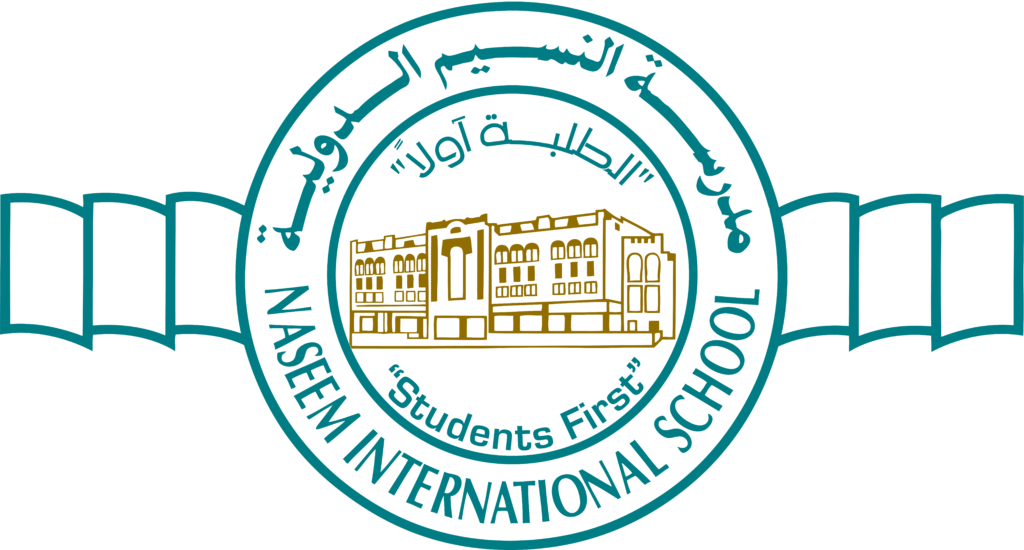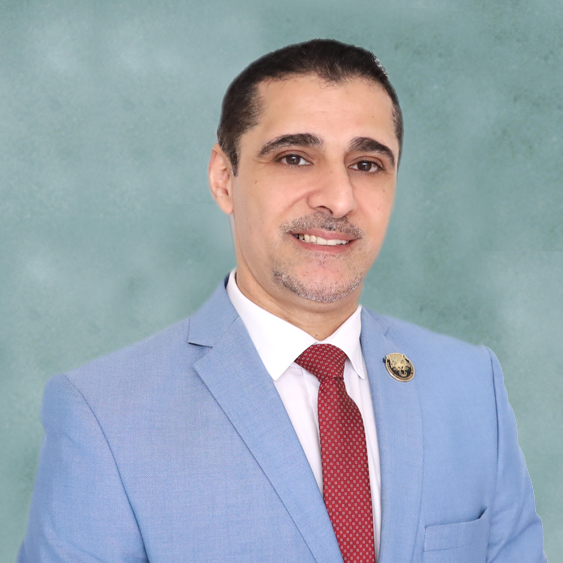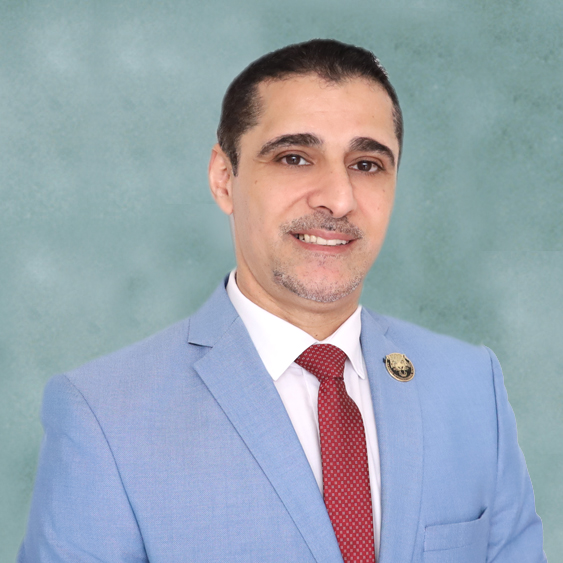Nurturing Excellence. Fostering Global Leaders
IB MIDDLE YEARS PROGRAMME (MYP) - Authorized in 2012
An IB education creates teaching and learning communities and opportunities that help students increase their understanding of language and culture, and become more globally engaged. Education for international-mindedness relies on the development of learning environments that value the world as the broadest context for learning. IB World Schools share educational standards and practices for philosophy, organization and curriculum that can create and sustain authentic global learning communities. In school, students learn about the world from the curriculum and from their interactions with other people. Teaching and learning in global contexts supports the IB’s mission “to develop inquiring, knowledgeable and caring young people who help to create a better and more peaceful world through intercultural understanding and respect”. Using global contexts in planning and teaching helps learners by providing relevance and meaning, which may lead to increased student engagement.
Multilingualism and intercultural understanding
Learning to communicate in a variety of ways in more than one language is fundamental to the development of intercultural understanding in the IB. The IB programmes, therefore, support complex, rich, dynamic learning across a range of language domains. All IB programmes mandate that students learn another language. Intercultural understanding involves recognizing and reflecting on one’s own perspective, as well as the perspectives of others. To increase intercultural understanding, IB programmes foster learning how to critically appreciate many beliefs, values, experiences, forms of expression and ways of knowing. The goal of understanding the world’s rich cultural heritage invites the IB community to explore human commonality, diversity, personal identity and interconnection.
From fundamental concepts to the IB learner profile
From its beginning, the MYP was guided by three principles that have had special currency for learners aged 11-16, inspired by the IB mission: holistic learning, intercultural awareness and communication. These fundamental concepts of the programme provided a strong foundation for teaching and learning in the MYP. They represent an early attempt to establish a philosophy of international education that the IB now recognizes more fully with the adoption of the IB learner profile across the IB continuum.
The MYP also requires the development of interdisciplinary skills which transcend the individual subject areas. These include thinking, communication, social, research and self-management skills. We also aim to develop appropriate attitudes, including appreciation, commitment, confidence, cooperation, creativity, curiosity, empathy, enthusiasm, independence, integrity, respect and tolerance.
Finally, students are encouraged to apply all that they have learned by taking action, not only in the School community, but also in the wider world. Effective action is voluntary and involves the students in exercising their own initiatives and taking on responsibilities.
Holistic learning, intercultural awareness and communication are implied in, or are a part of, the IB learner profile, especially in the attributes of “balanced”, “open-minded” and “communicators”.
Contemporary MYP educators have continued to focus on how best to meet the needs of adolescents, who are confronted with a vast and often bewildering array of choices in a complex and rapidly changing world. A focus on higher-order thinking skills gives students opportunities to explore their expanding concerns and their growing awareness of themselves and the world in ways that develop sound judgment.
WHAT IS SERVICE AS ACTION?
NIS looks at Service and Action (SA) as a vital component of the IB MYP. Its aim is to develop internationally-minded individuals who can “recognize their shared common humanity and responsibility to take care of the planet”. The ultimate aim as a school and community is to create life-long memories and experiences that lay the foundation for future learning. To achieve this, NIS makes sure that students participate in many activities and projects that help them develop and grow as lifelong learners and translate their understanding and learning into actions that benefits them and the society in which they live. Therefore, during each academic year, students engage in many environmental awareness, humanitarian, and school based projects that covers a range of ideas such as recycling and reusing, leading and managing charity and fundraising campaigns and maintaining contact with organizations which cater for the needs of those less fortunate, the elderly, orphans and animals. Students participate in orientation programs to help new students joining NIS to adjust and fit in and support younger students moving from the PYP to the MYP programme.
Why Is Service as Action Important?
- It provides students with opportunities to help the school, local, and international communities.
- It helps students apply academic, personal, and social skills to improve identified circumstances in the community.
- It develops and enhances the awareness among students to independently contribute towards making a positive difference in the lives or circumstances of others.
- It encourages responsible citizenship by increasing students’ understanding of their communities and the world.
- It allows the student to discover and build on new skills, talents, and interests.
- It helps students develop as leaders who take initiative.
Having this in mind, the MYP programme has a set of specific learning outcomes in which the SA programme is grounded With appropriate guidance and support, the school makes sure that MYP students should, through their engagement with service as action
- become more aware of their own strengths and areas for growth
- undertake challenges that develop new skills
- discuss, evaluate and plan student-initiated activities
- persevere in action
- work collaboratively with others
- develop international-mindedness through global engagement, multilingualism and intercultural understanding
- consider the ethical implications of their actions
(Extracted from: MYP-From Principles into Practice, September 2014/January 2015 )


